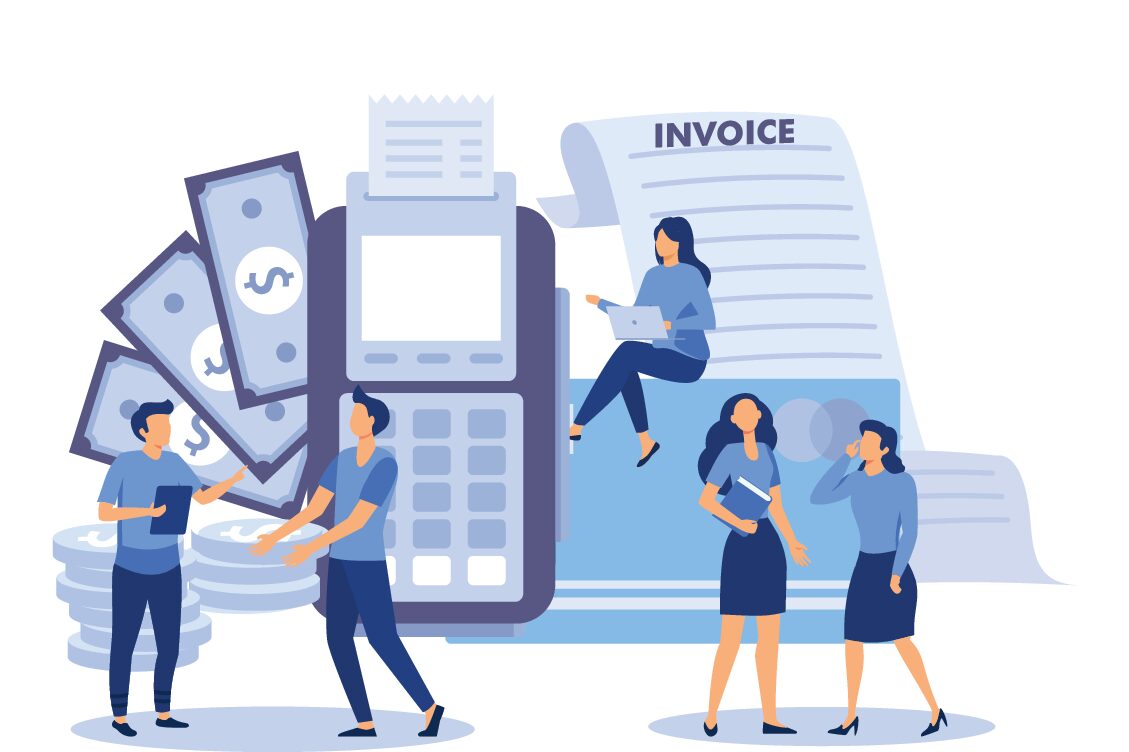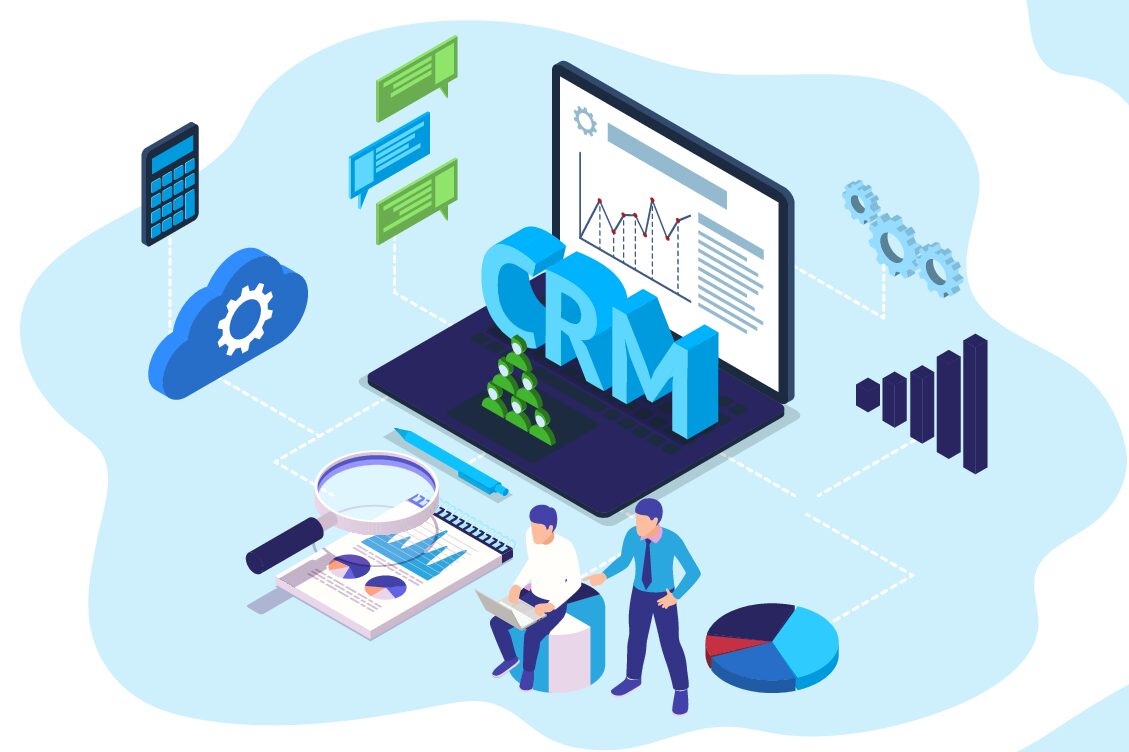The Incentive of the Flat Fee Arrangement
The hourly fee billing model is not the most effective tool for promoting efficiency and the timely completion of legal matters. Every task, regardless of its importance, is often billed at the same rate. So, there is little incentive to focus on the work that moves the case along more efficiently.
Though it may seem that this practice is beneficial to your bottom line, it can actually create more problems than benefits, in the form of unhappy clients, dissatisfied associates, and stressful grievance complaints.
Flat fee billings arrangements, coupled with legal project management (LPM), come with an incentive to work smarter, instead of longer.
Benefits of Fixed Fee Billing
Let’s look at an example
Your firm is handling a complex real estate purchase for a wealthy client. There are numerous contracts to draft and negotiate for completion of the matter. Under an hourly fee arrangement, the general perception is that a longer duration equals a higher fee. So, there is little incentive to complete these transactions quickly.
Instead, an associate may decide to spend numerous hours researching one particular area of real estate law that is only slightly relevant to the matter at hand.
What if, while the associate is conducting this research, another company moves in and quickly purchases the land that your client wants? How would your client likely respond? Not only could you be in danger of losing the repeat business of a lucrative client, but you may also be in danger of receiving a complaint with your state Bar.
Now, let’s look at this same scenario under an LPM created flat fee arrangement. With LPM, you assess the needs of the case prior to commencement for a greater understanding about what is necessary for successful completion.
This prior assessment would alert you to the fact that in-depth research into the real estate issue in question is not necessary for progression of the case. Therefore, you and the team know that it is counterproductive to spend any significant amount of time on the issue.
Instead, the team works efficiently to complete the transactional duties and execute the sale before the client’s competition has the opportunity to swoop in and ruin the deal.
With a flat fee, the amount of payment is predetermined, so whether the matter takes 15 hours or 45 hours, the firm is compensated the same.
Why wouldn’t you want to work as efficiently as possible and establish a higher profit margin, while also creating space to take on more matters and clients?
But wait… there’s more!
As the firm’s associates work to complete matters more efficiently, they are also learning the most effective strategies for handling specific tasks. This strengthens your firm’s resources and places your practice in a better situation to confidently and effectively take on similar cases in the future.
The incentives of the flat fee arrangement create a win/win situation for your law practice and your clients.
Benefits of Fixed Fee Billing
About Erika Winston:
Erika Winston is a Virginia based writer with a passion for all things legal. As a former domestic relations attorney, she understands the challenge of determining the best fee structure for your practice. Erika is a regular contributor to TimeSolv and a variety of other publications.


















